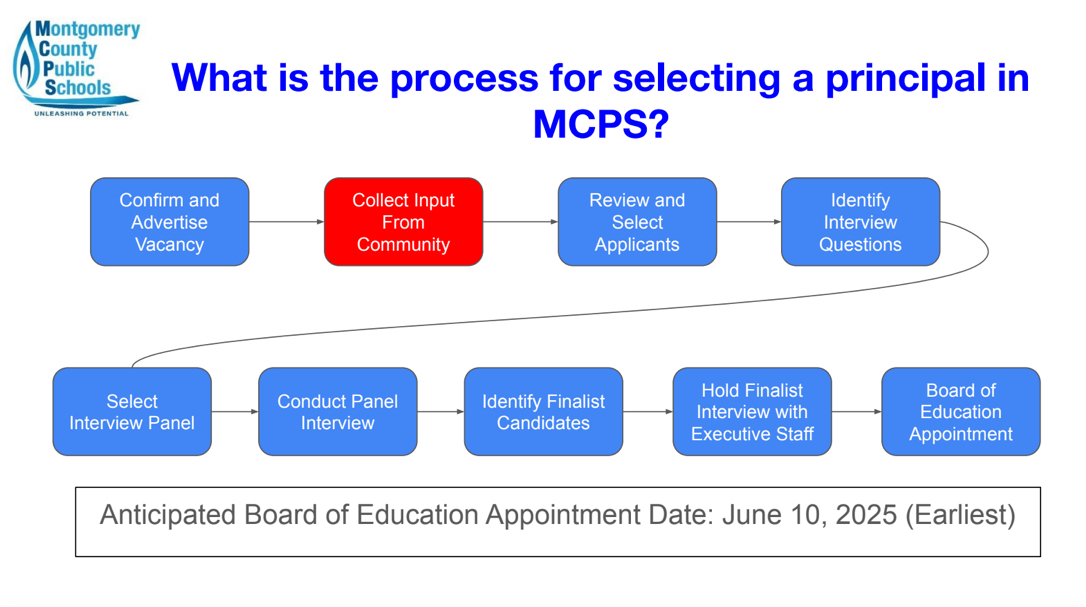What is imposter syndrome?
Whether you’re a student or a teacher, it’s definitely possible that you have experienced the effects and feelings of imposter syndrome.
According to Time, “Impostor syndrome is the idea that you’ve only succeeded due to luck, and not because of your talent or qualifications.”
Imposter syndrome has had a big impact on a number of students. It has lead students to think that they aren’t good enough, and that they don’t belong in the classes they are placed in based on everyone else’s achievements around them.
The psychological term refers to a pattern of behavior where people tend to doubt their accomplishments and have a persistent, internalized fear of being exposed as a fraud. People who experience symptoms of imposter syndrome remain convinced that they don’t deserve the success they receive.
The theory was first identified in 1978 by psychologists Pauline Rose Clance and Suzanne Imes and it is not a medical diagnosis. It’s the tendency to strive toward perfectionism, the fear of failure, and continually undermining your own individual achievements.
From a psychological standpoint, imposter syndrome is not classified as a disorder in the American Psychiatric Association’s Diagnostic and Statistical Manual (DSM-5), which means it can be self-diagnosed. It can lead to feelings of anxiety, unwanted daily stress and unhappiness and even depression. “I’ve definitely experienced feelings of imposter syndrome in my life but I wasn’t aware of the term at the time. I didn’t realize there was a specific term to define the feeling of not thinking I’m as smart as everyone else around me in classes,” senior Nick Baldwin said.
Research conducted in 2011 suggests that approximately 70 percent of people will experience at least one episode of imposter syndrome in their lives. People experience symptoms for a limited time, such as in the first few weeks of starting a new job, class, or activity. However, others may battle feelings of incompetency for their whole lives, according to Medical News Today.
The types
There are five different types of imposter syndrome: The perfectionist, the superman/woman, the natural genius, the soloist, and the expert. As you read along, you may start to realize that the idea of imposter syndrome may apply to your life without you even knowing.
“The perfectionist” tends set extremely high expectations for themselves. Even if they meet 99 percent of their goals and they are doing exceptionally well, they will still end up feeling like a failure. Any small mistake they make may cause them question their own competence and capability.
“The superman/woman” tends to push themselves above and beyond in order to work harder than everyone around them in order to prove themselves. They feel the need to succeed in all aspects of life—at work, and socially—when they are not accomplishing something, they will get stressed and flustered.
When the “natural genius” has to struggle or work hard to accomplish something, he or she thinks this means they aren’t good enough. They are so used to skills coming easily and having natural intelligence. When they have to put in effort and work towards something, their brain tells them that it’s proof they’re an impostor because they don’t know everything but that’s not how life really is.
“The Soloist” feels they have to accomplish tasks on their own. If they need to ask for help, they think they are a failure or a fraud. They are scared to ask for assistance because it contradicts their morals of doing everything perfectly by themselves.
“The expert” feels the need to know every piece of information before they start a project and constantly look for any way to improve their skills. They won’t challenge themself to do something if they don’t think they meet all of the criteria for it, and they might be hesitant to ask a question in class or speak up in a meeting at work because they’re afraid of looking stupid if they don’t already know the answer. They feel like they are supposed to know everything.
Why do people suffer from this?
The question is, why do so many people tend to be victims of this syndrome? Sadly, there is no single answer because a variety of factors can influence one’s feelings of imposter syndrome. Factors like social status, wealth, race, education, and even the area you live in can cause feelings of imposter syndrome and fear of failure. “I always want to speak up in my classes whenever I think I know the answer to a question but I stop myself because I know it’s not worth risking the potential embarrassment of getting the answer wrong,” senior Deirdre Beck said.
Based on studies, experts believe imposter syndrome can be triggered from certain personality traits and even traumatic childhood memories. Underlying events and childhood memories, such as feeling like a disappointment to your parents because your grades don’t compare to your siblings’ grades or feeling like your siblings were better than you in certain areas can leave a lasting impact and people don’t even realize it. A person’s environment can affect their mindset based on the stereotypes and discrimination around them. Certain stereotypes indicate that certain social groups don’t deserve to succeed whether it’s because of their race, religion, status of wealth, or type of education.
A key predictor is minority status within your environment, whether that’s because of your gender, race or ethnicity, or perhaps even your socio-economic background. If we apply this concept to the environment we live in, it’s evident that in Montgomery County, wealth and education are huge factors that people think affect their success. Wootton was previously awarded a blue ribbon school partly due to a variety of challenging academic classes. It’s common for students to compare themselves to other students who take more difficult courses. “I always feel like I should be taking harder classes because so many students take AP courses and honors courses, but now as a senior I realize that you don’t have to load up on AP’s to succeed and that everyone grows, evolves, and learns at their own personal pace,” senior Hannah Johnston said.
What can we do to solve this issue?
How can we help students feel more confident about themselves so they feel like they belong in their classes? “One of the first steps to overcoming impostor feelings is to acknowledge the thoughts and put them in perspective. Simply observing that thought as opposed to engaging it can be helpful. We can help teach people to let go and more critically question those thoughts. I encourage clients to ask ‘Does that thought help or hinder me,” psychologist Audrey Ervin said to Psychology Today.
The easiest thing people can do to overcome feelings of imposter syndrome is to reframe their thoughts. The only difference between someone who experiences impostor syndrome and someone who does not is how they respond to challenges. Learning to value constructive criticism and understanding that you can actually bring others down with you when you don’t ask for help, or remembering that the more you practice a skill, the better you will get at it, can all help when trying to overcome these thoughts.
The most limiting part of imposter syndrome is that it can hinder one’s courage to step outside of their comfort zone. The insecurity of imposter syndrome affects people by making them afraid to try new opportunities, explore potential areas of interest, and put themselves out there to explore the world. Realistically, there is no harm in speaking up in class. A student may be scared that you’ll get the answer wrong or that they’ll sound stupid asking a question that they think the whole class already knows the answer to but it’s important to realize that it’s OK to ask questions and that’s how people learn from each other.
A teacher’s view
“In a perfect world, I would tell students who are too embarrassed to speak up not to be scared but we don’t live in a perfect world. Imposter syndrome is absolutely a popular trend in a high pressure environment like Wootton. The stakes are perceived to be so high so it’s easy to understand why students feel the need to always know the right answer. Imposter syndrome is more common than teachers think so I wish we were more accepting as a society of failure because there is nothing wrong with messing up. For anyone who is too scared to speak up in class, don’t let your questions go unanswered. Form a relationship with your teachers so that you can get help from them during lunch or at another time where you feel more comfortable,” psychology and sociology teacher Amy Buckingham said.







